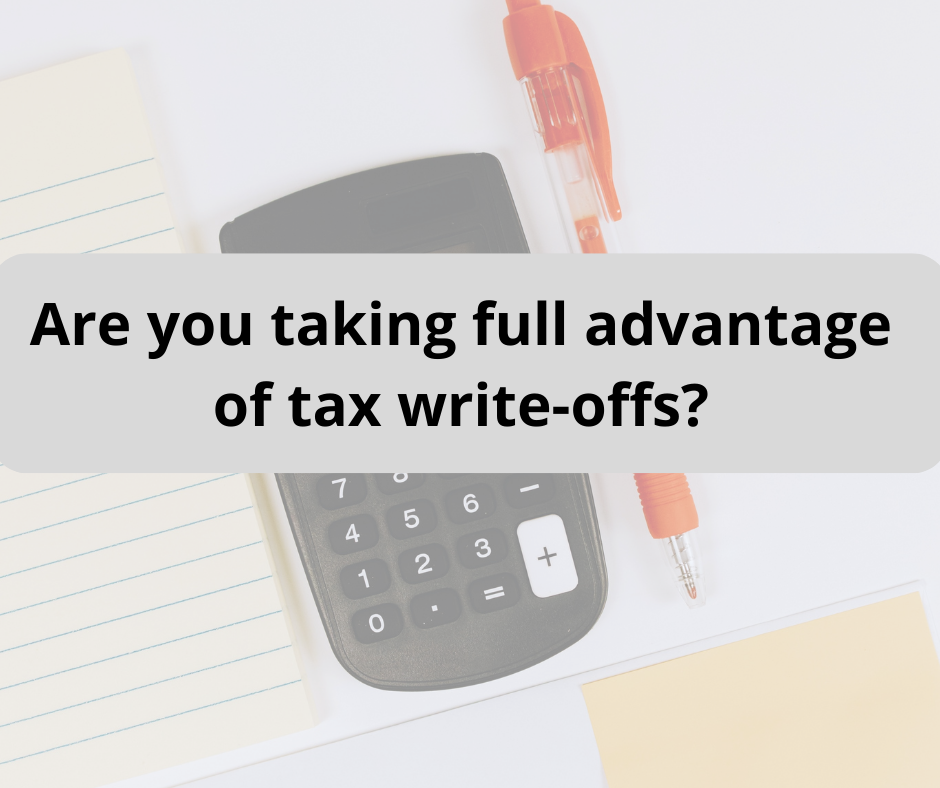Every dollar counts when you are a small business. After all, you spend a lot of time and money making sure you can deliver just the right product or service for your clients. However, getting money in the door is just one part of the picture – what you need to really focus on is profit!
In order to maximize your profits, you need to make sure that you are taking advantage of all tax-write offs available to you as a small business. That is because tax write-offs allow individuals and businesses to lower their taxable income. Less tax = more money in your pocket!
What can be written off as a business expense?
Expenses made by a business must be approved by the Canada Revenue Agency to receive a tax deduction come tax time. These expenses must be made for the continued running of the business.
Common Examples of Tax Write-Offs
Below is a list of examples of small business and self-employed business expenses that can be written off on your company’s taxes:
- Education and training
- Work-Related Vehicle Use
- Rent
- Advertising
- Legal and accounting fees
- Insurance
- Travel expenses for business trips
- Business meals and entertainment for clients and employees
- Office supplies
- Home office expenses
This is by no means an exhaustive list. More details and examples can be found on the CRA’s website here.
What does this mean for me?
Undertaking a business expense does you no good if you do not have the proper tracking system to be able to claim it come tax time. We recommend that you keep track and record all business expenses as they occur so that you do not lose out on a claim just because you forgot about it or lost the records.
